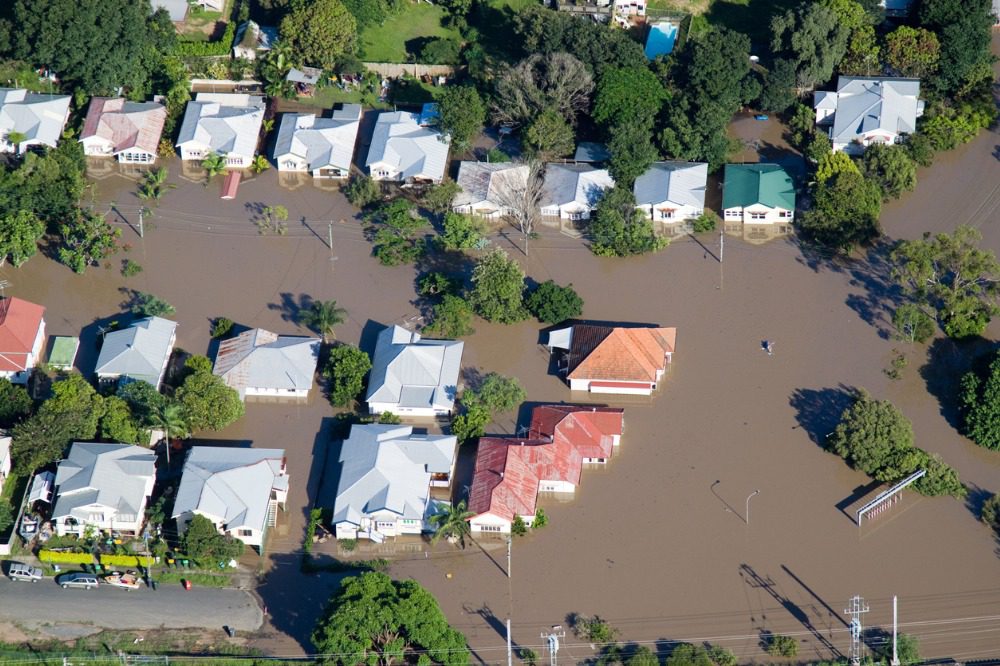Alberta’s summer storms lead to over $300 million in insured losses

Alberta’s summer storms lead to over $300 million in insured losses | Insurance Business Canada
Catastrophe & Flood
Alberta’s summer storms lead to over $300 million in insured losses
Damaged vehicles account for 30% of total
Catastrophe & Flood
By
Mika Pangilinan
A series of storms that hit Alberta and the Prairies over the past few months caused over $300 million in insured losses, according to initial estimates released by the Insurance Bureau of Canada (IBC).
More than $90 million, or 30%, of the estimated total went to replacing or repairing storm-damaged vehicles in Alberta, IBC said, citing data from Catastrophe Indices and Quantification Inc. (CatIQ).
This marks the third consecutive summer in which Alberta has seen significant insured damage from hail, wind, and rain, with insured losses to vehicles already exceeding $500 million since 2020.
“The trend is clear, and it’s important that consumers work with their insurance representative to ensure they have the right coverage to protect their property or business from the impacts of these storms,” said Aaron Sutherland, IBC’s Pacific and Western vice president.
The following storms have been designated as catastrophes by CatIQ, defined as severe weather events with insured damage estimates exceeding $30 million:
Central Alberta flooding (June 18-20) – over $40 million in insured damage
Alberta and Saskatchewan Canada Day storms (July 1) – over $100 million in insured damage
Calgary hailstorm (July 15) – over $110 million in insured damage
Prairie severe storms (July 24-26) – over $40 million in insured damage
The escalating frequency and severity of extreme weather events have placed immense pressure on insurance costs across the country. This strain is particularly evident in Alberta’s auto insurance market, given the provincial rate freeze.
“We know the pause is doing, what caps and pauses do. It’s preventing an uptick in rates,” said Horner via the Calgary Herald. “But I would say that it’s something that we can’t leave on forever. It was meant to be a short-term affordability measure, right at the peak of the affordability crisis.”
What are your thoughts on this story? Feel free to comment below.
Related Stories
Keep up with the latest news and events
Join our mailing list, it’s free!






